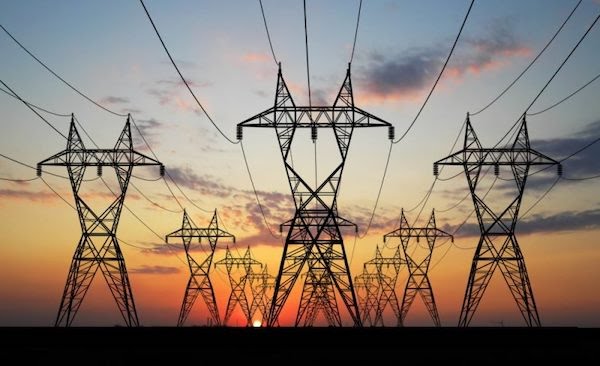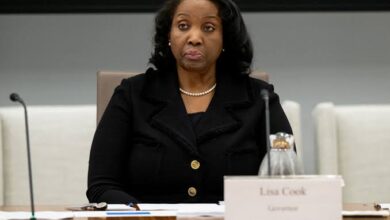Nigerians brace for painful rise in electricity prices soon

Nigeria’s Minister of Power, Adebayo Adelabu, has delivered sobering news regarding the country’s electricity subsidies.
He stated that the economy can no longer bear this financial burden, emphasizing the urgency of reform.
Consequently, this situation demands immediate action to address the subsidy crisis and ensure economic stability.

During a meeting with power company executives in Abuja, Adelabu explained that citizens should anticipate upcoming price adjustments.
These changes will reflect the true costs of electricity generation, aiming to reduce the government’s financial strain.
Therefore, consumers must prepare for these necessary modifications to the pricing structure’ to promote a sustainable energy sector.
“Our economy simply cannot maintain these subsidies forever,” Adelabu stressed while acknowledging the difficult transition ahead.
The minister revealed staggering figures showing the government owes power producers over N4 trillion in unpaid subsidies, a debt crippling sector operations.
He proposed paying part in cash while using promissory notes for the balance, emphasizing urgent action to prevent total collapse.
“We must stabilize this sector now before the situation worsens,” Adelabu insisted during tense negotiations with generation company leaders.
Current electricity pricing shows a troubling gap between reality and what consumers pay.
Official data indicates the true cost averages N116 per unit while customers pay just N88, leaving government covering the N28 difference per unit.
While 85% of households still benefit from subsidies, the minister warned this model has become unsustainable.
“Nigerians must eventually pay appropriate rates,” he stated, though promising continued support for vulnerable citizens.
Behind closed doors, energy experts express concern about implementing these changes without proper consumer protections.
The planned tariff adjustments could significantly impact household budgets across income levels.
However, officials argue maintaining the status quo would ultimately lead to worse outcomes as power companies struggle to maintain basic operations.
Adelabu remains cautiously optimistic about the reforms, viewing them as painful but necessary steps toward reliable electricity.
“We’re committed to fixing these financial issues to build a stable power market,” he affirmed.
The government plans gradual implementation while exploring creative financing solutions to ease the transition for both consumers and power providers.
This development marks a pivotal moment in Nigeria’s long struggle with electricity provision, forcing difficult conversations about affordability versus sustainability.
As the nation braces for changes, many wonder whether these measures will finally deliver the reliable power supply that has remained elusive for decades.
The coming months will test both the government’s resolve and citizens’ ability to adapt to new economic realities in the power sector.
Post Views: 67





